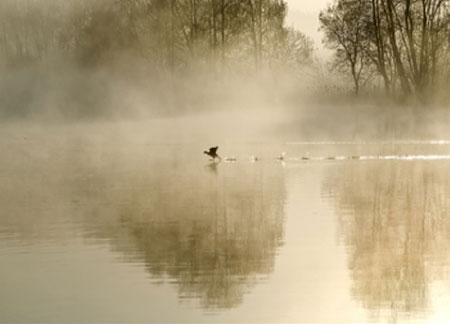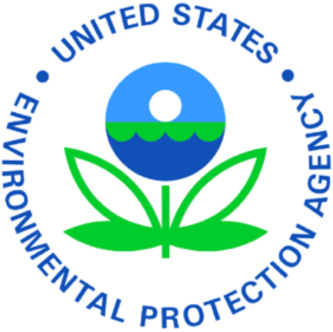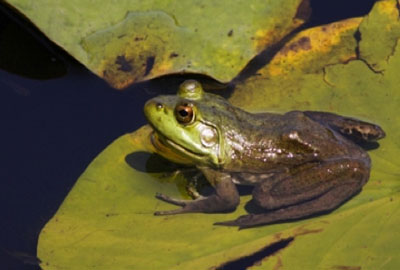
Source: Misty Landscapes, dan, FreeDigitalPhotos.net
The United States has laws and regulations that are intended to protect and conserve wetlands. It is through the efforts of the regulatory agencies at the federal, state and local levels that these laws and regulations are implemented. In this section, you will determine if government regulation worked toward the preservation of wetlands in the United States.

Source: Misty Landscapes, dan, FreeDigitalPhotos.net
Question to consider: Is it the government's job to protect the wetlands?
Most activities that directly impact vegetated and non-vegetated wetlands and shallow water areas are regulated. This means that a person or company planning an activity that would disturb wetlands or shallow water habitat must obtain wetlands permits before beginning the project.
President Carter, in 1977, ended the official policy of federal assistance for wetlands conversion and directed all agencies to minimize wetland impacts in their regulations.
The purpose of Executive Order 11990 is to "minimize the destruction, loss or degradation of wetlands and to preserve and enhance the natural and beneficial values of wetlands". To meet these objectives, the order requires federal agencies, in planning their actions, to consider alternatives to wetland sites and limit potential damage if an activity affecting a wetland cannot be avoided.
Click to read the full resource, Presidential Executive Order 11990.
The National Environmental Policy Act (NEPA) was the first U.S. law to focus environmental concerns within a comprehensive national policy.

Source: Australian Fresh Water Turtle, Michelle Meiklejohn, FreeDigitalPhotos.net
NEPA requires that in every recommendation or report on proposals for legislation and other major Federal actions significantly affecting the quality of the human environment, a detailed statement by the responsible official must be made on the environmental impact of the proposed action.
This federal agency regulates wetlands- disturbing activities. It does so under the Clean Water Act and the Rivers and Harbors Act.

Source:USACE logo
Don't forget to answer the questions on your chart.
The EPA writes guidelines for determining whether a particular activity that will affect wetlands can be permitted and how it should be evaluated; reviews/comments on individual permit applications; has authority to veto the Corps' permit decisions.

Source:logo of the Environmental Protection Agency
Don't forget to answer the questions on your chart.
This act ensures that no discharge of dredged or fill material can be permitted if a practical alternative exists that is less damaging to the nation's waters. In other words, when you apply for a permit, you must show that you have:

Source: Frog on a Lily Pad, Rosemary Ratcliff, FreeDigitalPhotos.net
Question to consider: Why would states rather than the federal government make these regulations?
Environmental protection is established in the Virginia Constitution - Article XI, Section 1: "To the end that the people have clean air, pure water, and the use and enjoyment for recreation of adequate public land, waters, and other natural resources, it shall be the policy of the Commonwealth to conserve, develop, and utilize its natural resources, its public land, and its historical sites and buildings. Further, it shall be the Commonwealth's policy to protect its atmosphere, lands, and waters from pollution, impairment, or destruction for the benefit, enjoyment, and general welfare of the people of the Commonwealth."
Read the following excerpt from the Virginia Wetlands Act of 1972. Using what you have learned, answer the questions that follow in your notes:
The Virginia Wetlands Act of 1972 states: "Therefore, in order to protect the public interest, promote the public health, safety and the economic and general welfare of the Commonwealth, and to protect public and private property, wildlife, marine fisheries and the natural environment, it is declared to be the public policy of this Commonwealth to preserve the wetlands, and to prevent their despoliation and destruction and to accommodate necessary economic development in a manner consistent with wetlands preservation ."